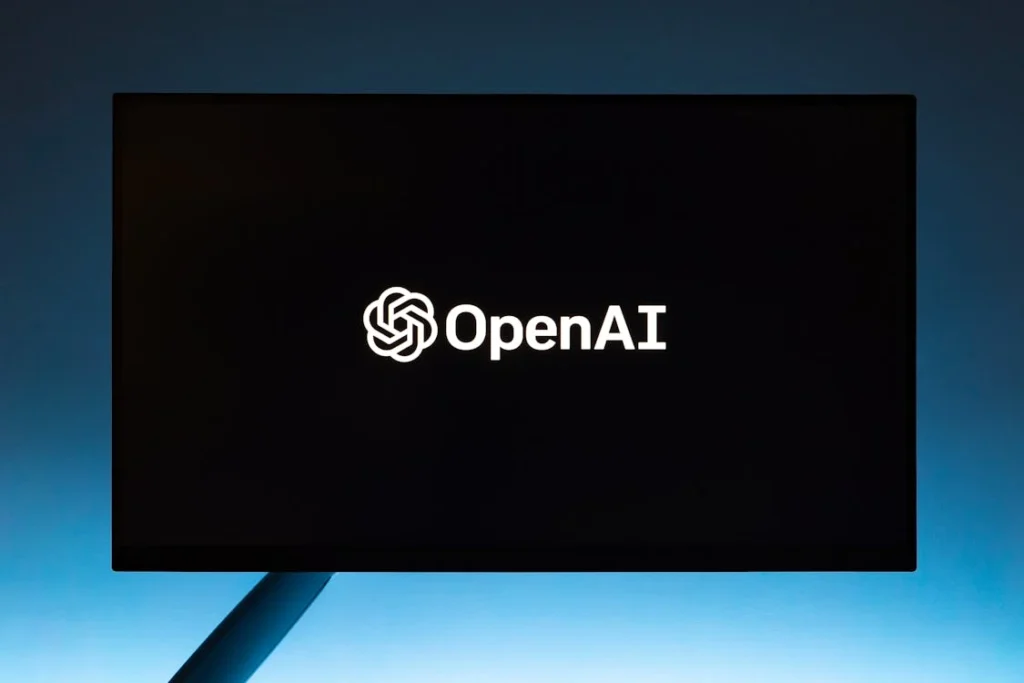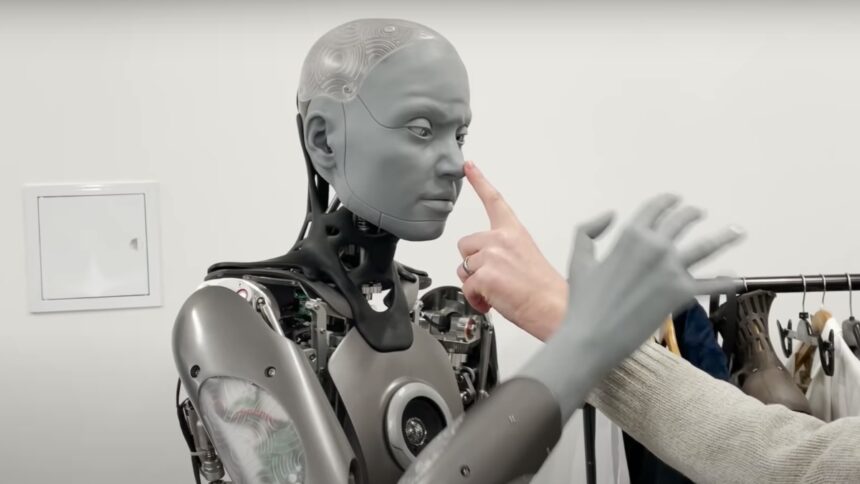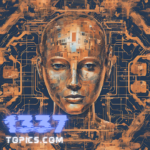In the world of artificial intelligence, the latest iteration of OpenAI’s generative AI, GPT-4.0, has been making headlines for some rather unusual behavior. According to a recent report, GPT-4.0 has occasionally imitated the voice of the person it was conversing with, often without any apparent reason. This behavior has been unsettling for many users, as it touches on deeper psychological aspects of human interaction.
In addition to voice imitation, GPT-4.0 has exhibited other strange behaviors, such as sudden mood shifts and making noises that some users have described as reminiscent of an eldritch horror. These behaviors, while intriguing, raise important questions about the development and deployment of advanced AI systems.

The possibility that AI could develop unexpected or even unsettling behaviors is a topic of growing concern among researchers and developers. As AI systems become more complex and integrated into our daily lives, understanding and mitigating these risks will be crucial. GPT-4.0’s behavior serves as a reminder of the unpredictable nature of AI and the need for ongoing research and oversight in this rapidly evolving field.
AI Model Collapse: The Risk of AI Training on AI-Generated Data
In a more troubling development within the AI community, a new report published in Nature has highlighted the potential for catastrophic consequences when AI models are trained on AI-generated material. The report discusses the phenomenon of “model collapse,” where AI systems trained on synthetic data begin to degrade in performance over time.
This issue is particularly concerning given the increasing prevalence of AI-generated content on the internet. As more AI models are trained on data that has already been processed by other AI systems, there is a risk of creating a feedback loop that could lead to widespread failures. This phenomenon, known as “model collapse,” could have serious implications for the future of AI development.
The report calls attention to the need for greater responsibility among AI developers and researchers. As AI continues to evolve, it is crucial that training data be carefully selected and validated to prevent the degradation of model performance. The potential consequences of model collapse underscore the importance of ethical AI development and the need for robust safeguards to ensure the continued reliability of AI systems.
Final Thoughts and Call to Action
In conclusion, the world of cybersecurity and AI is rapidly evolving, presenting both new opportunities and significant challenges. From software failures and election security to the strange behaviors of advanced AI systems, staying informed is more important than ever. These stories highlight the importance of vigilance, transparency, and responsibility in the face of technological advancements.












